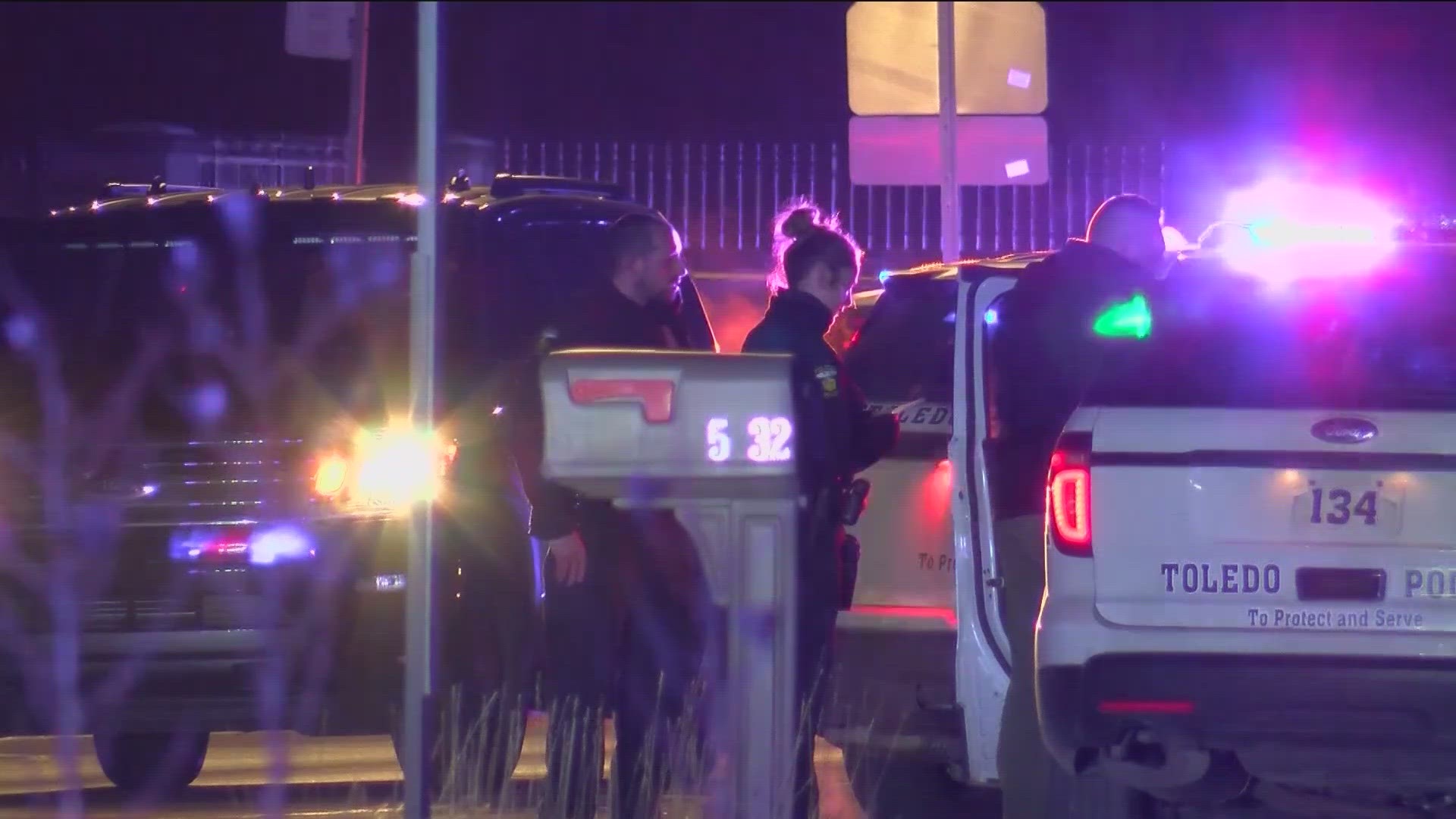TOLEDO, Ohio — On April 14, police responded to an armed robbery at a Dollar General in Toledo.
The suspect, 16-year-old Jameson Turnbull, led police on a foot chase and then a stand-off. Police say Turnbull put his gun to his head, then at the police. That's when eight officers shot at Turnbull. Turnbull died from his injuries.
Turnbull's family will be forever changed by the incident and the actions taken by officers on April 14. But everyone at the scene that day will also have to deal with this for many years to come.
So what happens to officers after a shooting like this?
Around half of adults in the United States experience at least one traumatic event in their lives, according to the National Institute of Mental Health.
Toledo Police Sgt. Erik Welling estimated that the average officer experiences two to three hundred traumatic events throughout a 30-year career in the city.
"It affects you. Whether you realize it or not, as a first responder, it's going to affect you," Welling said.
There are three groups that Welling said can help these officers.
One is the officer-involved shooting support team. That team is comprised of officers who have been involved in officer-involved shootings that talk with officers who are currently involved in one.
The critical incident stress management team has seven officers in it, who go through a monthly rotation of being on call 24/7 and will respond to a critical incident.
The third is a peer support team, which has 49 volunteers. Those volunteers stay available for officers if they need advice or support. Welling said all members of the teams are certified through the international critical incident stress foundation.
Welling said there were about 35 officers that responded to the call on April 14, since it began as an armed robbery, then a foot chase and then a stand-off.
The eight officers who shot at Turnbull were placed on a mandatory three-day leave.
"The way that it's currently set up, they take their critical incident days and they go right back to the job," Welling said.
Newly sworn-in police Chief Mike Troendle made it mandatory for those involved in an officer-involved shooting to attend a counseling session. They also need to go through support sessions.
"Now they have an excuse to say 'oh well the chief says I have to go so I guess I have to go.' It's all about reducing the stigma of attending these sessions," Welling said.
The more than 20 officers who didn't shoot in this incident will still go through support sessions as well.
"They're still affected by the incident because they were there," Welling said. "Some of them performed CPR directly after the incident."
Welling said there can be physical and emotional impacts like sleeping more or less, or maybe not being able to focus or being super focused.
"You fired a lethal weapon in the direction of a person to try to stop a threat. You do that to try to stop the threat, but you have to realize that on the periphery, there is another person," Welling said. "You have to take the actions that you have to take, and you have to live with that for the rest of your life."

